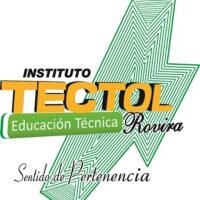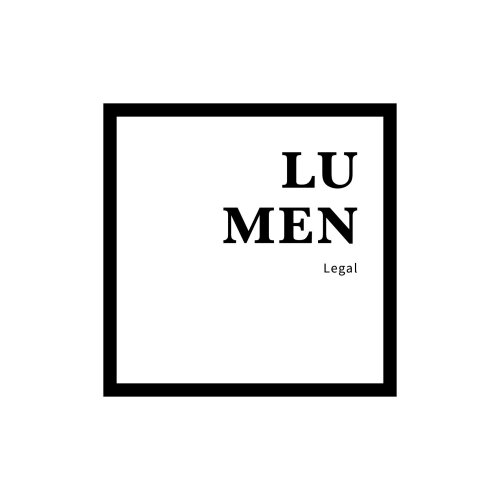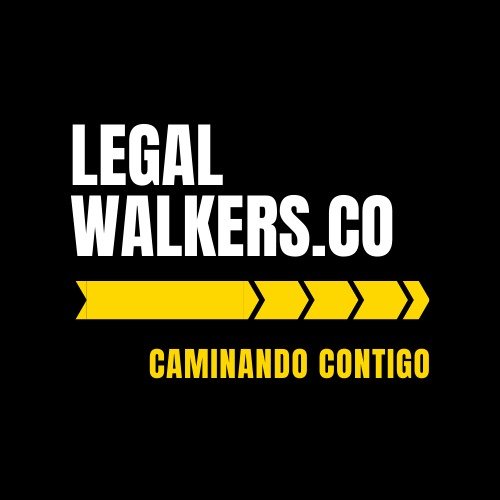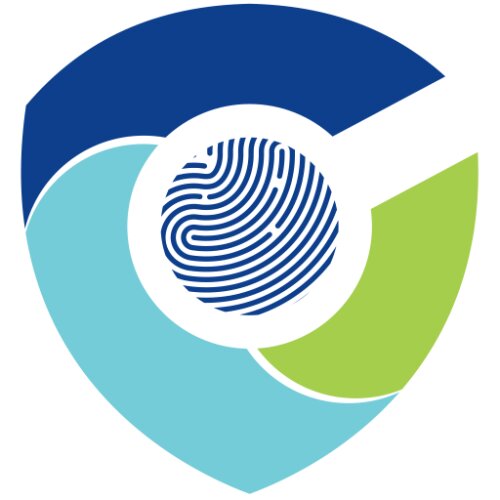Best Information Technology Lawyers in Colombia
Share your needs with us, get contacted by law firms.
Free. Takes 2 min.
Or refine your search by selecting a city:
List of the best lawyers in Colombia
About Information Technology Law in Colombia
Information Technology (IT) plays a critical role in Colombia's economic and social development. The country is increasingly embracing digital transformation, with government initiatives promoting technology adoption across various industries. IT law in Colombia encompasses a range of legal areas including data protection, electronic commerce, cybersecurity, intellectual property rights, and telecommunications. As the digital landscape evolves, the legal framework continues to adapt, aiming to encourage innovation while ensuring that technology use aligns with public interests and security.
Why You May Need a Lawyer
There are several situations when individuals or businesses might require legal assistance in the field of Information Technology in Colombia:
- Setting up IT-related businesses or startups, including legal compliance and intellectual property registration.
- Addressing data privacy issues, especially due to stringent data protection laws in Colombia.
- Resolving disputes related to software development agreements or IT service contracts.
- Ensuring cybersecurity measures align with local regulations and managing breaches.
- Navigating the complexities of e-commerce, including consumer protection laws.
- Handling licensing agreements for software and other technology-related products.
- Protection and enforcement of intellectual property rights in the digital realm.
- Compliance with telecommunications regulations for technology service providers.
Local Laws Overview
Colombia has specific laws and regulations relevant to Information Technology:
- Data Protection: The Personal Data Protection Law (Law 1581 of 2012) governs the processing of personal data, ensuring the privacy and protection of information in the digital space.
- Cybersecurity: The national policy on cybersecurity and cyber defense outlines the framework for protecting online information and systems against threats.
- Electronic Commerce: Law 527 of 1999 recognizes electronic documents and contracts and sets legal equivalency with traditional paper documents.
- Intellectual Property: Multiple laws protect copyrights, patents, and trademarks related to technology products.
- Telecommunications: Regulated by the Ministry of Information Technologies and Communications, this includes the regulations for internet service providers and telecommunication companies.
Frequently Asked Questions
What is the primary legislation governing data protection in Colombia?
The Personal Data Protection Law (Law 1581 of 2012) is the main legislative framework for data protection in Colombia.
How does Colombia regulate e-commerce?
Electronic commerce is primarily regulated by Law 527 of 1999, which validates digital signatures and electronic documents as legal instruments.
What steps must I take to comply with data protection laws?
Businesses must obtain consent for data processing, implement security measures, and register databases with the national data protection authority.
Who enforces cybercrime laws in Colombia?
The Cybernetic Police Center and the Prosecutor's Office are the key bodies responsible for enforcing cybercrime regulations and addressing breaches.
Are there specific laws for software development and licensing?
While there are no exclusive laws for software, general contract and intellectual property laws apply to software development and licensing agreements.
What rights do consumers have in online transactions?
Consumers are protected under the Consumer Protection Law and have rights regarding information transparency, non-discrimination, and service quality in e-commerce.
How can businesses protect their intellectual property online?
Businesses can register copyrights, patents, and trademarks, and must monitor and enforce these rights proactively to protect their intellectual property.
What legal recourse is available for IT contract disputes?
Contract disputes can be settled through negotiation, mediation, arbitration, or litigation, depending on the terms agreed upon in the contract.
Does Colombia have specific regulations for telecom services?
Yes, telecom services are regulated by the Ministry of Information Technologies and Communications, covering licensing, service quality, and fees.
What is the role of the Colombian government in promoting IT?
The Colombian government actively promotes IT through initiatives and partnerships aimed at boosting digital infrastructure and technological innovation.
Additional Resources
Here are some resources that can be helpful for individuals and businesses seeking IT legal advice in Colombia:
- Superintendence of Industry and Commerce (SIC): The primary authority on data protection and consumer rights.
- Ministry of Information Technologies and Communications (MinTIC): Oversees IT policy and regulation in Colombia.
- Colombian Chamber of Informatics and Telecommunications: Offers insights and resources for IT industry participants.
- Colombian Federation of Software Industry (Fedesoft): Provides support and guidance for software and IT companies.
Next Steps
If you need legal assistance in Information Technology, consider the following steps:
- Determine Your Needs: Clearly define what aspect of IT law you need assistance with, such as data protection, cybersecurity, or e-commerce.
- Consult with a Specialist: Look for legal professionals or firms specializing in IT law with a solid understanding of the local regulatory framework.
- Prepare Documentation: Gather all relevant information and documents related to your legal issue to provide to your lawyer.
- Schedule a Consultation: Arrange a meeting with the lawyer to discuss your situation, explore options, and understand the potential outcomes.
- Evaluate Your Options: Based on the advice received, consider your legal strategy and decide on the appropriate course of action.
Lawzana helps you find the best lawyers and law firms in Colombia through a curated and pre-screened list of qualified legal professionals. Our platform offers rankings and detailed profiles of attorneys and law firms, allowing you to compare based on practice areas, including Information Technology, experience, and client feedback.
Each profile includes a description of the firm's areas of practice, client reviews, team members and partners, year of establishment, spoken languages, office locations, contact information, social media presence, and any published articles or resources. Most firms on our platform speak English and are experienced in both local and international legal matters.
Get a quote from top-rated law firms in Colombia — quickly, securely, and without unnecessary hassle.
Disclaimer:
The information provided on this page is for general informational purposes only and does not constitute legal advice. While we strive to ensure the accuracy and relevance of the content, legal information may change over time, and interpretations of the law can vary. You should always consult with a qualified legal professional for advice specific to your situation.
We disclaim all liability for actions taken or not taken based on the content of this page. If you believe any information is incorrect or outdated, please contact us, and we will review and update it where appropriate.
Browse information technology law firms by city in Colombia
Refine your search by selecting a city.













